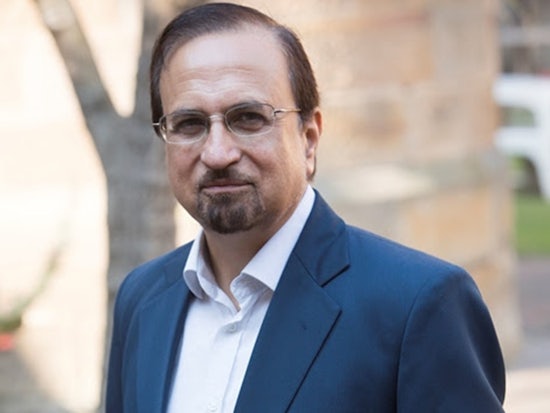Grant going towards identifying dementia risk factors
A generous US$2.57 million grant has been awarded to Co-Director of the Centre for Healthy Brain Ageing in Sydney, Professor Perminder Sachdev with the aim of identifying the risk and protective factors and biomarkers of cognitive ageing and dementia.

Co-Director of the Centre for Healthy Brain Ageing in Sydney, Professor Perminder Sachdev, receives US$2.57 million grant (Source: CHeBA)
With an increase in the number of older people with cognitive decline, the grant from the National Institutes of Health, USA will allow CHeBA to “broaden their international research collaboration” to determine what factors are common for cognitive decline and dementia in all human populations irrespective of race, ethnicity and socioeconomic development.
The funding will also support the bringing together of cohort studies of cognitive ageing internationally with the goal to facilitate better understanding of the determinants of ageing and neurocognitive disorders.
“Ageing is intricately connected with cognitive decline and there is an increasing population of life lived with cognitive impairment as age increases,” Professor Sachdev says.
“If an impact is to be made on this disability burden, we must understand the risk and protective factors for cognitive decline associated with ageing.
“The best approach is to study this and to develop early biomarkers in using population-based ageing cohorts.”
The hope is to work with Cohort Studies of Memory in an International Consortium (COSMIC) and their data harmonising strategy that is not only “unique” but also offers the potential to explore existing and novel research questions by creating a single, large database.
Other advantages of the harmonisation include increased statistical power for detecting effects of modest size, and the inherent replication and enhanced generalizability associated with using heterogeneous samples and methodologies.
Professor Sachdev says CHeBA is in an “outstanding position” to make a difference to the worldwide understanding of dementia for improved outcomes in prevention, earlier diagnosis as well as earlier and more effective interventions.
“CHeBA’s focus on international collaboration inspires significant promise for future outcomes in dementia research,” he says.
“This funding will now allow us to make a lasting impact on the epidemiology of cognitive ageing and dementia.”











![The new Aged Care Act exposure draft is slated for release in December of 2023, but advocates hope to see it rolled out on January 1, 2024. [Source: Shutterstock]](https://agedcareguide-assets.imgix.net/news/articles/wp/agedcareact__0811.jpg?fm=pjpg&w=520&format=auto&q=65)












Comments